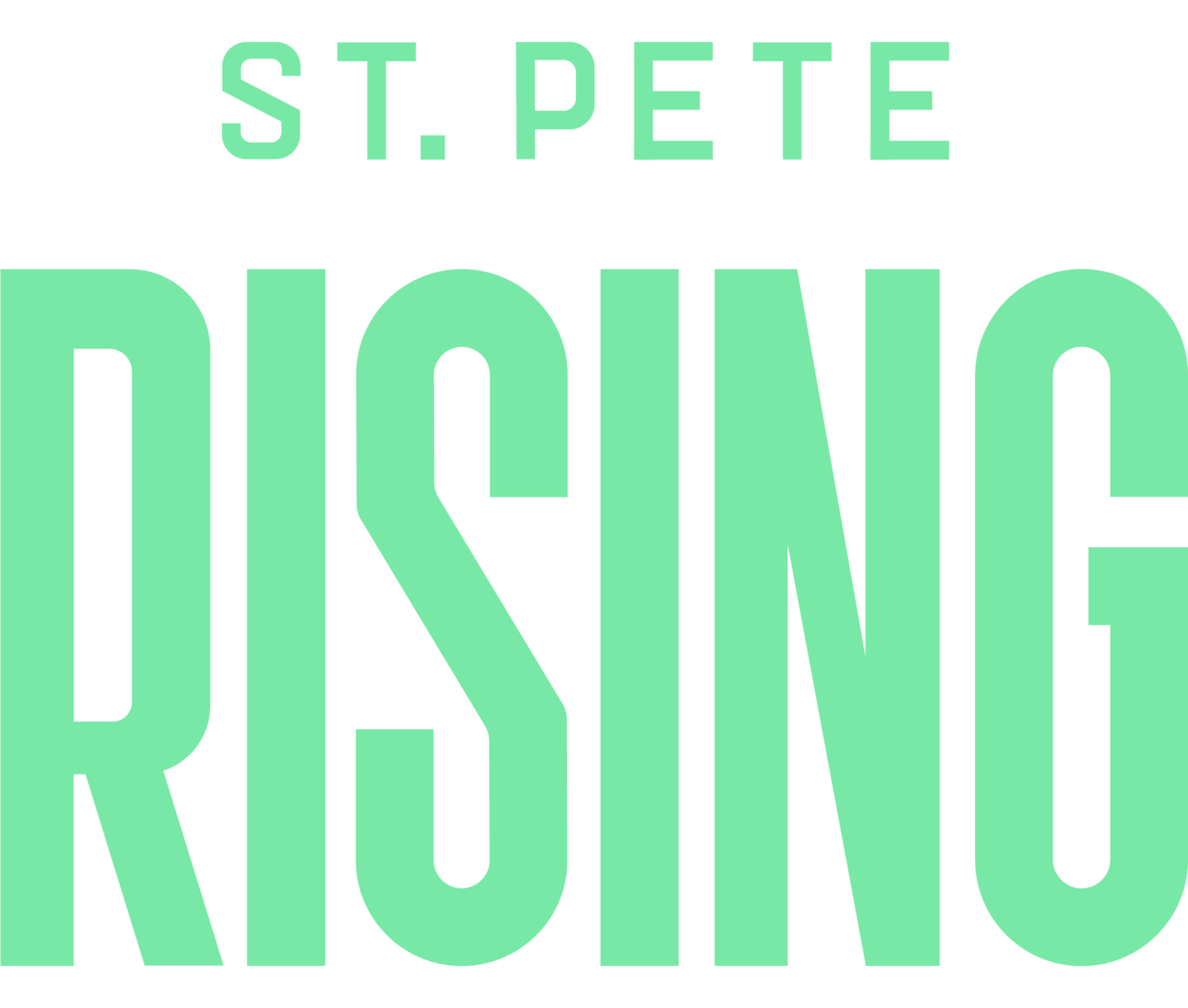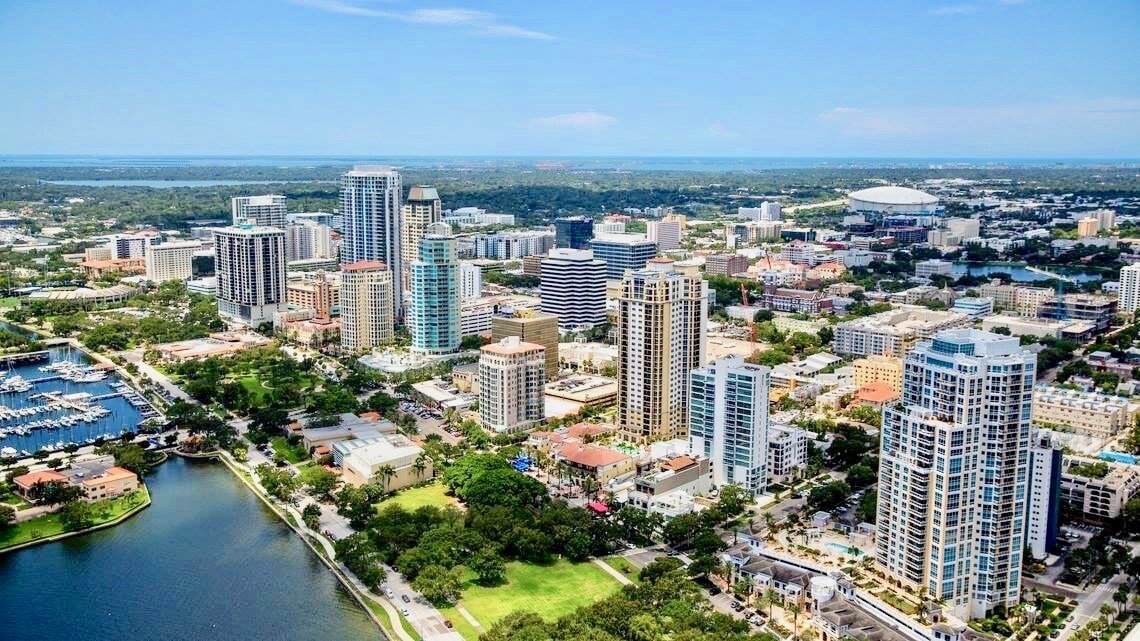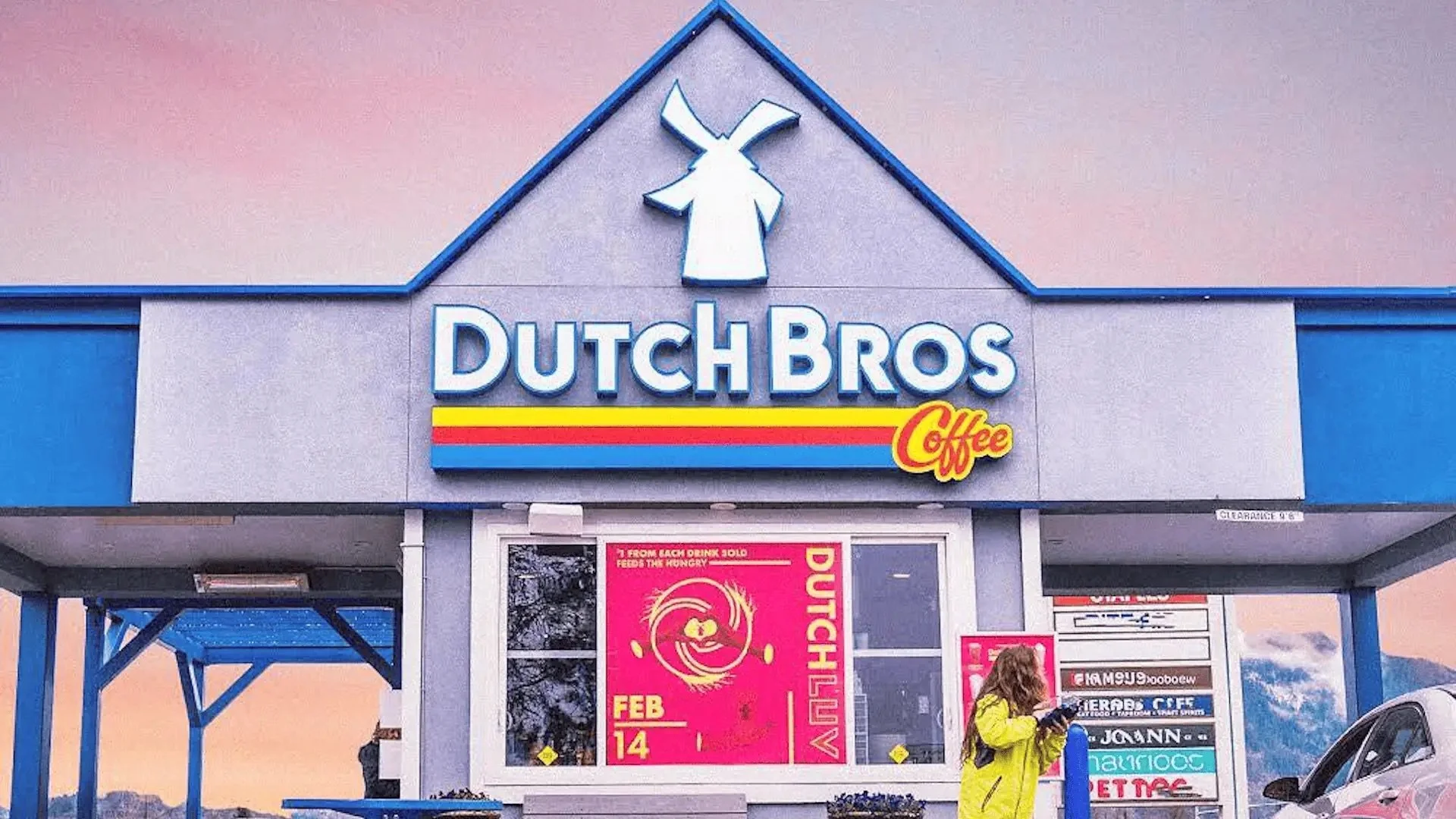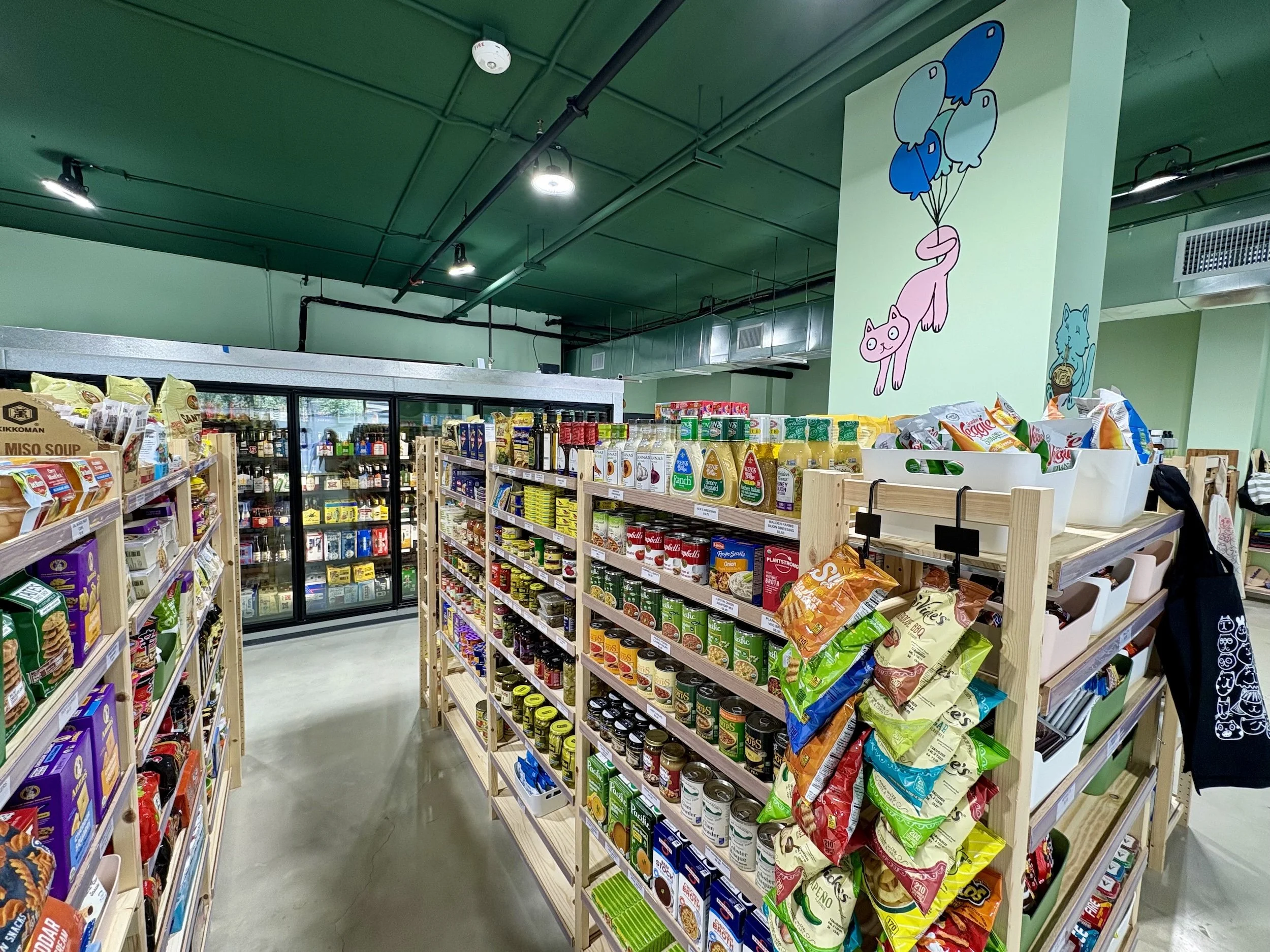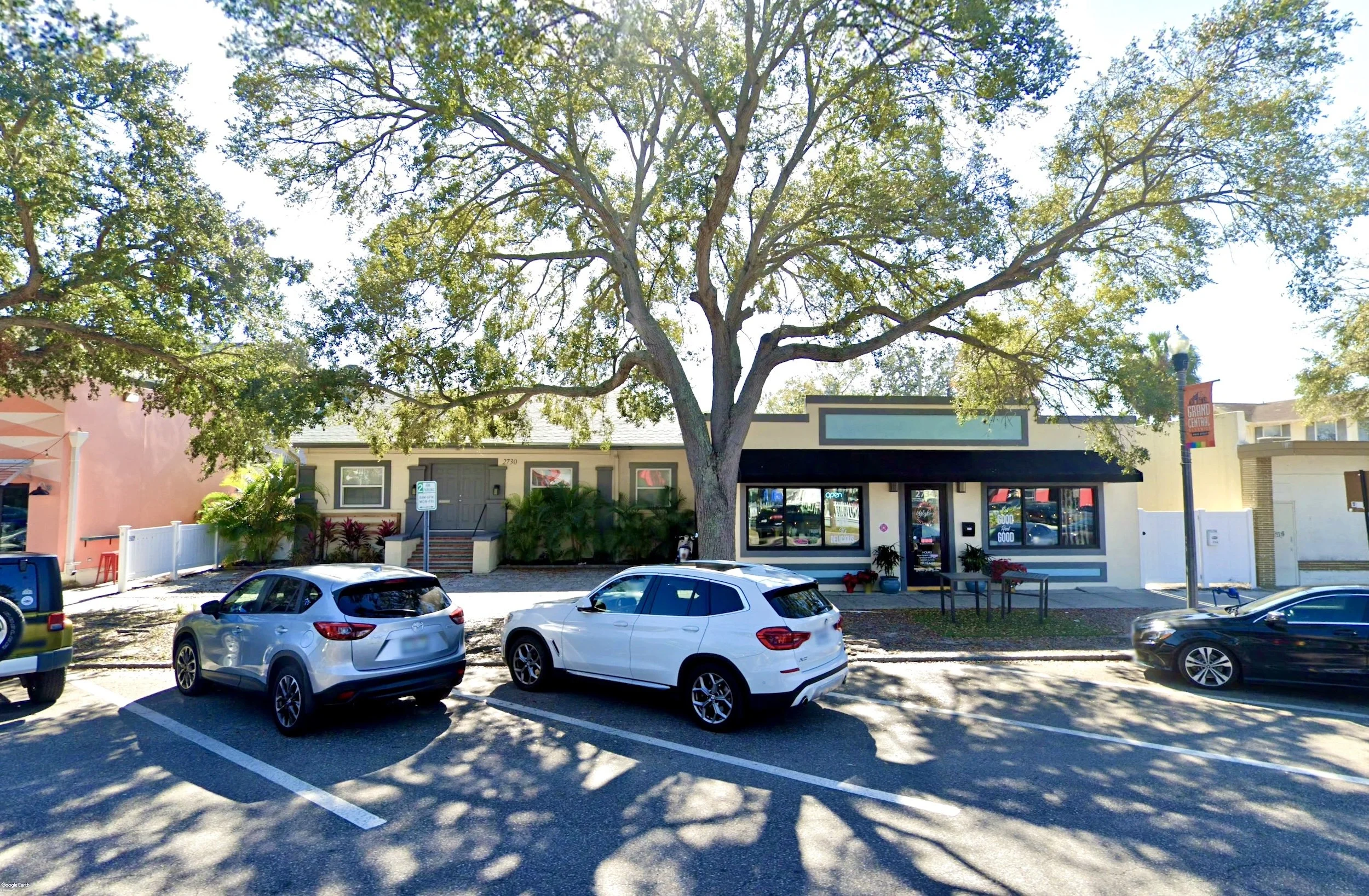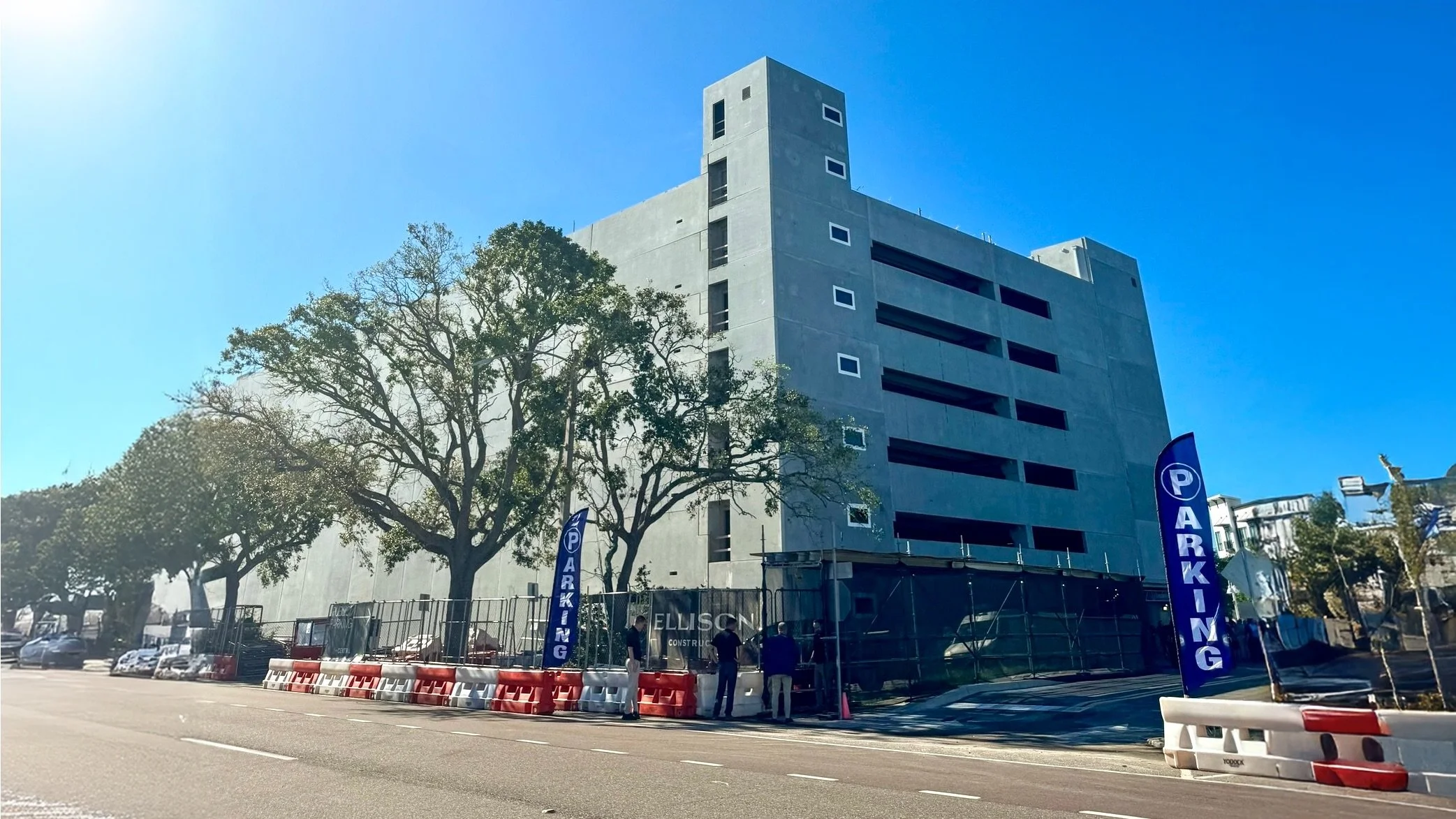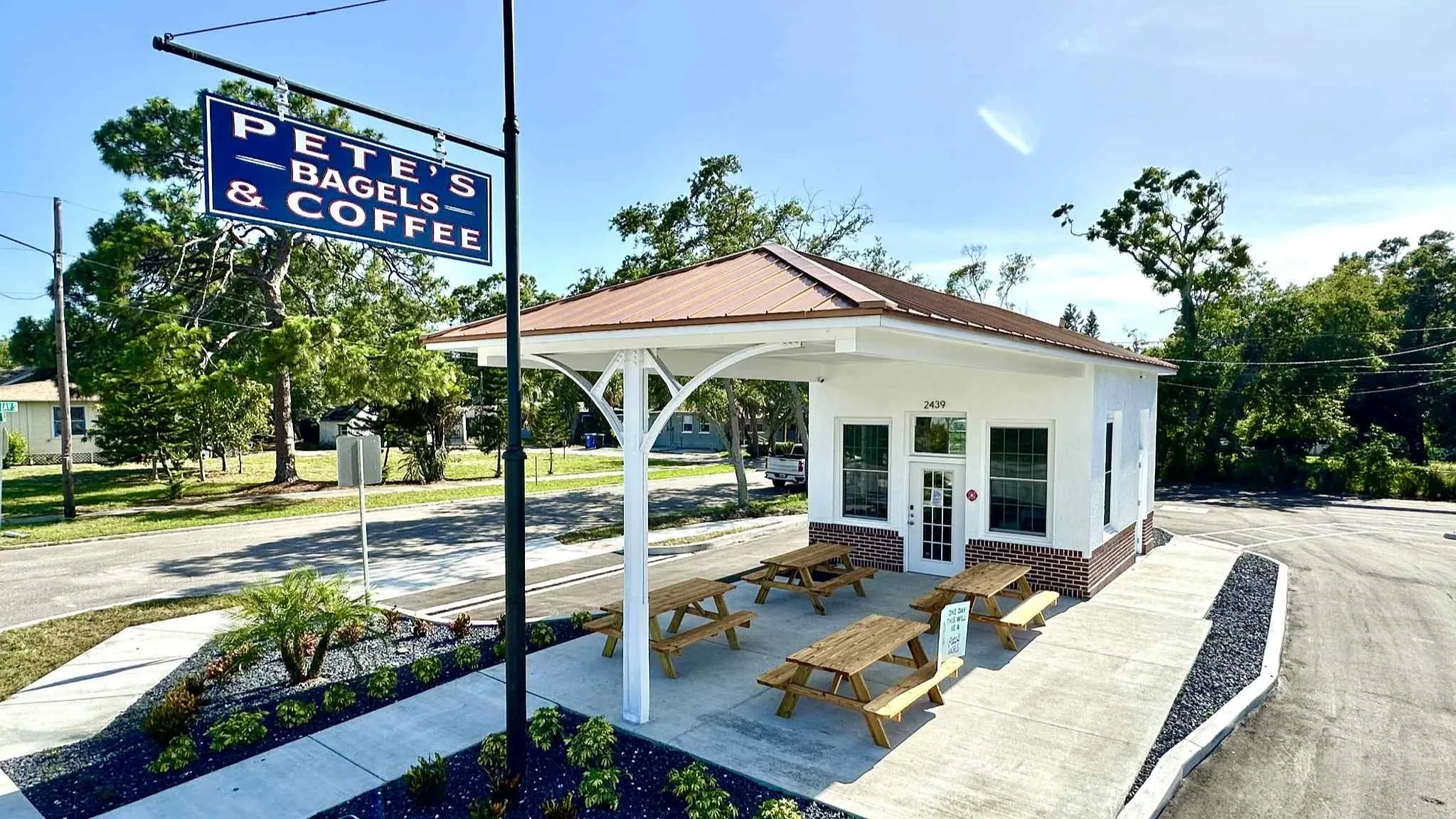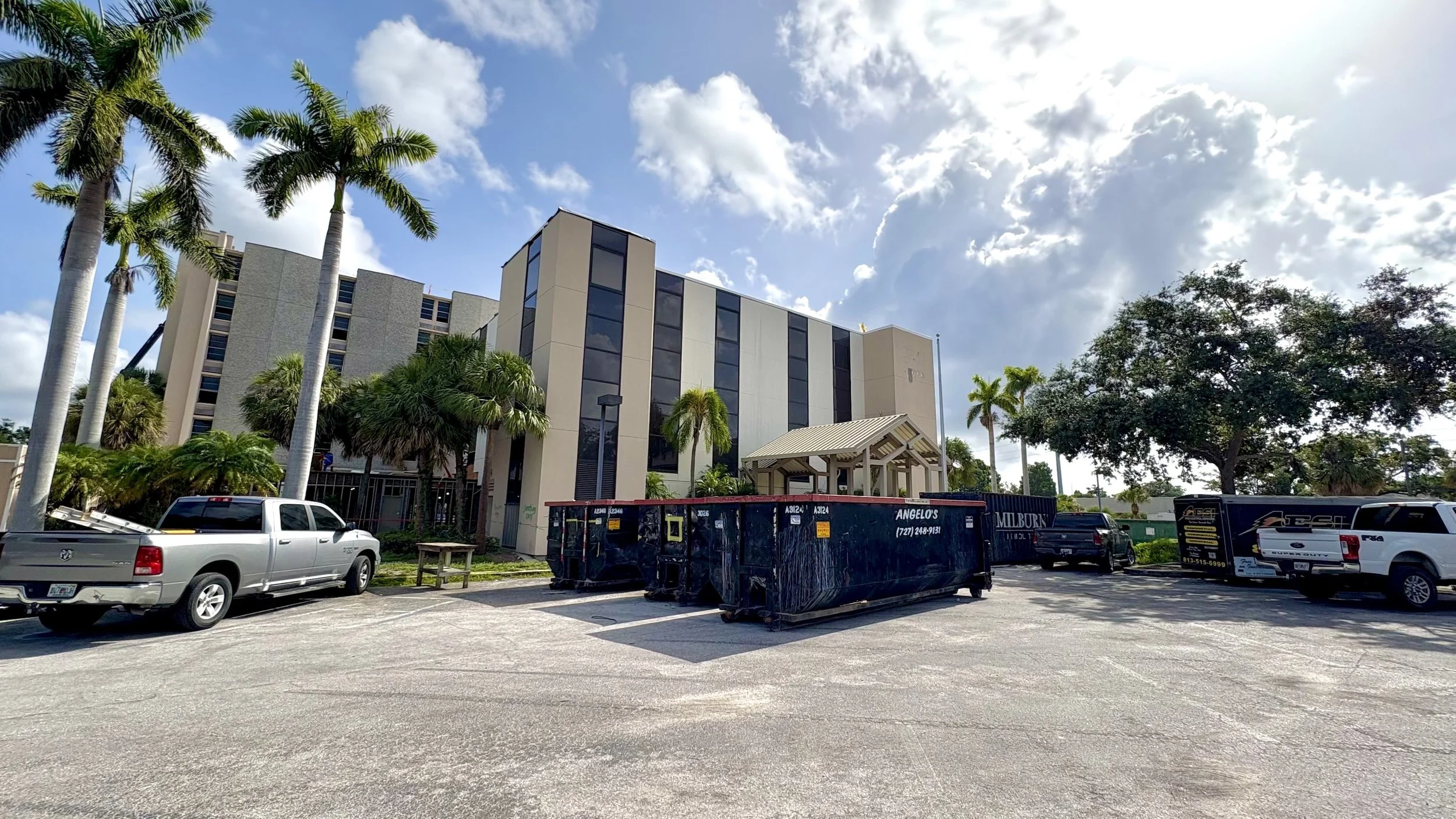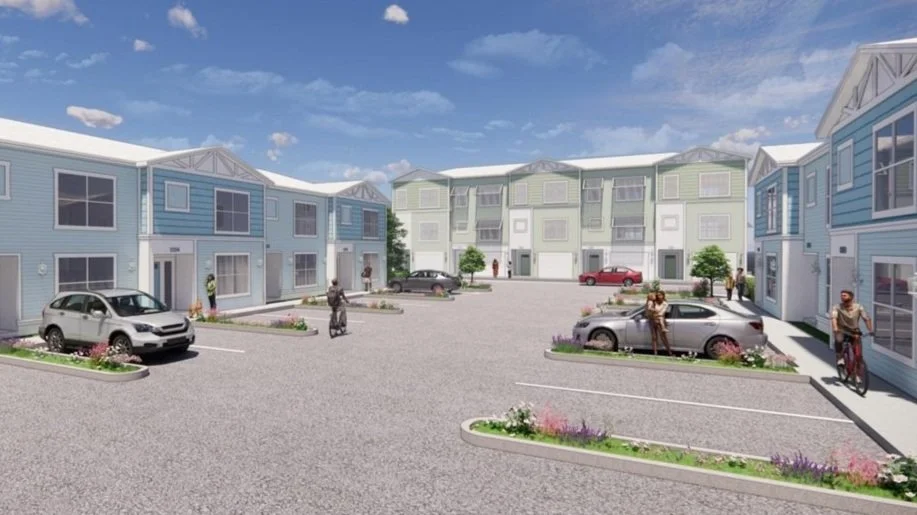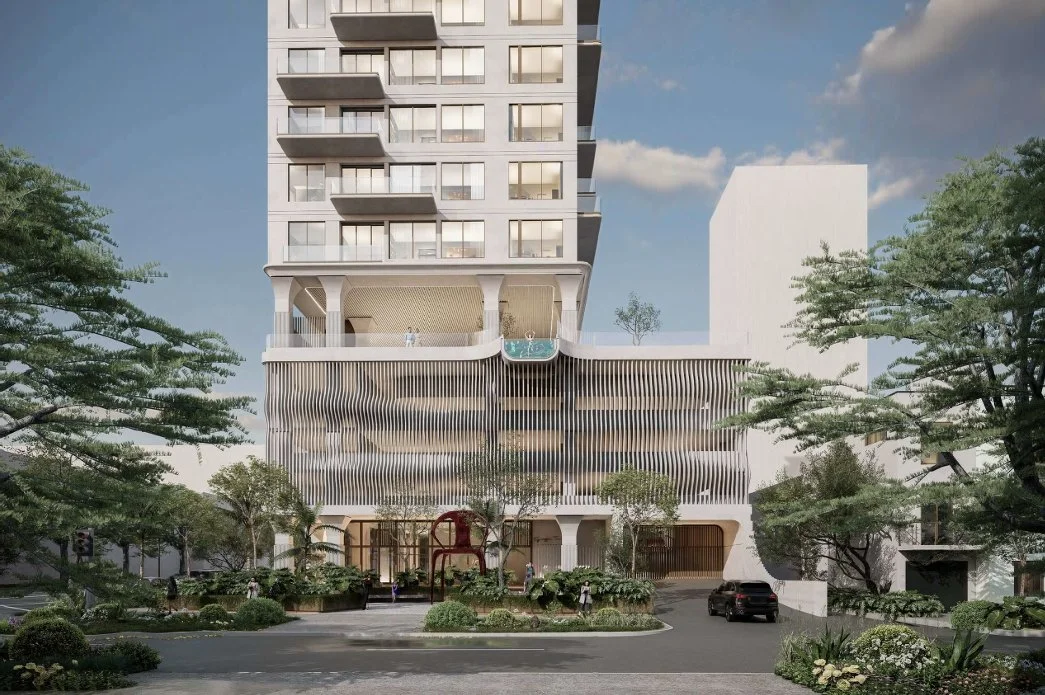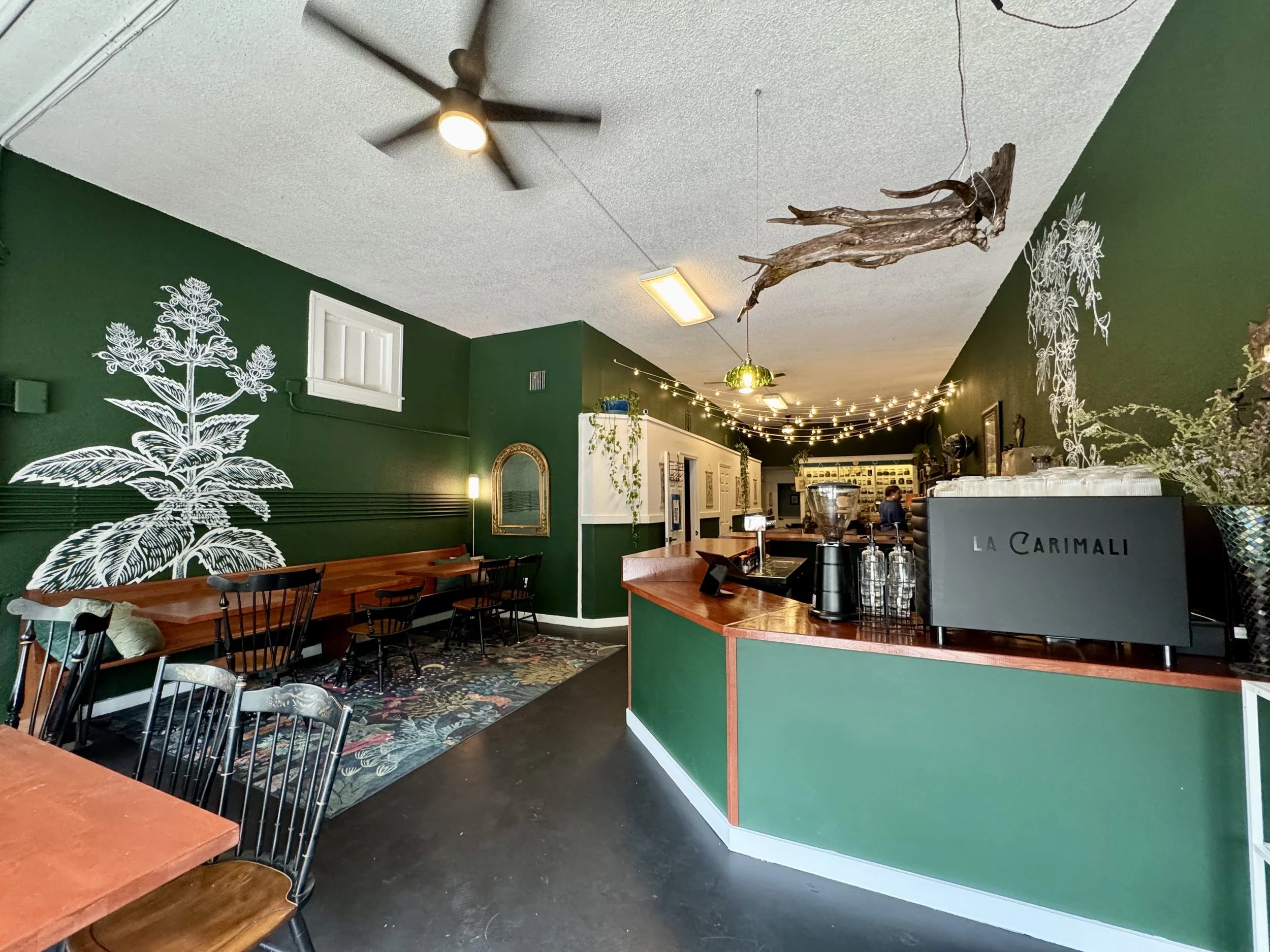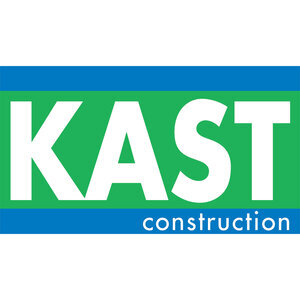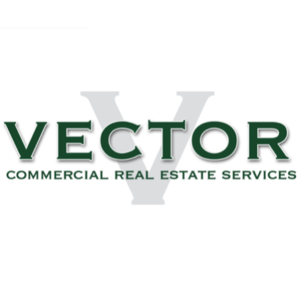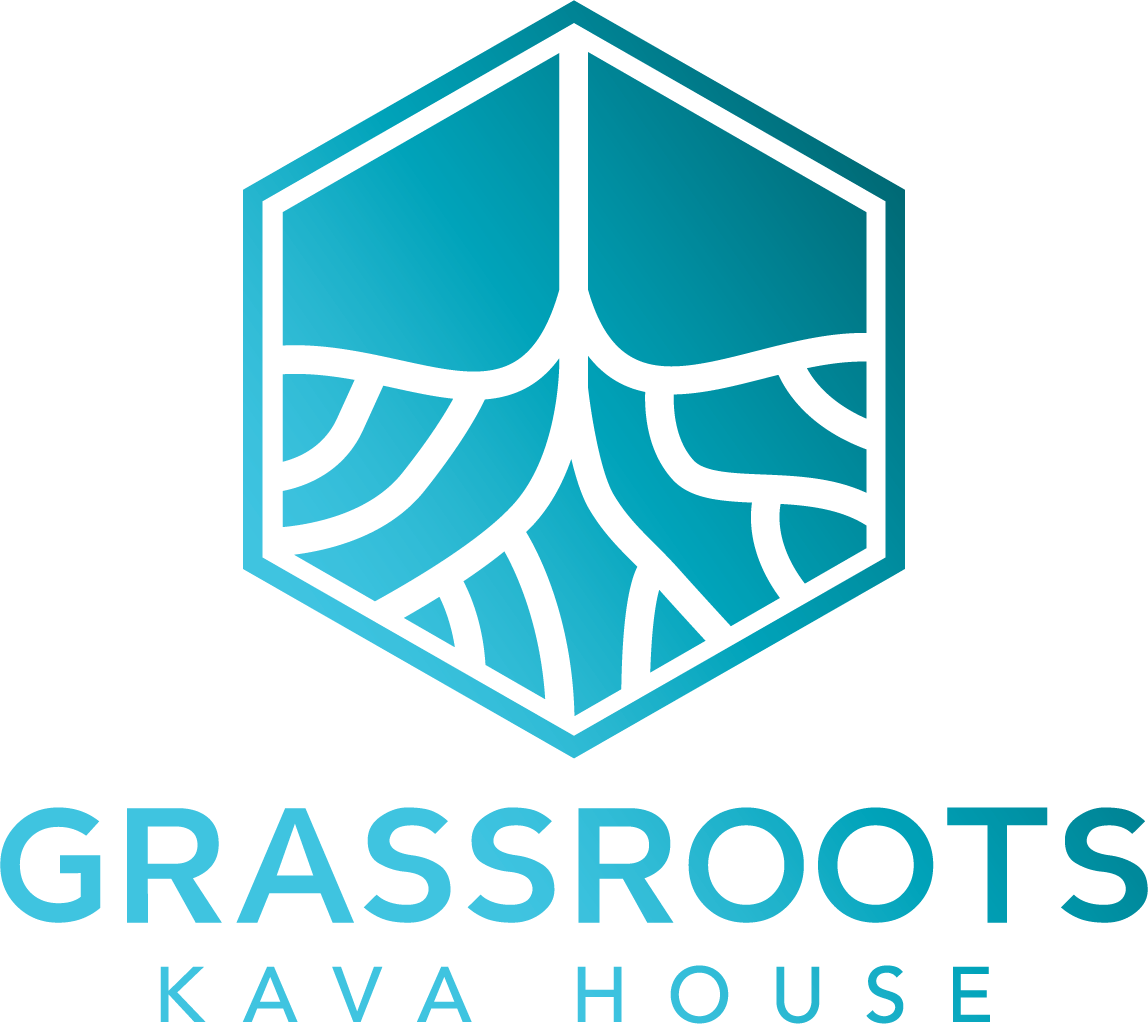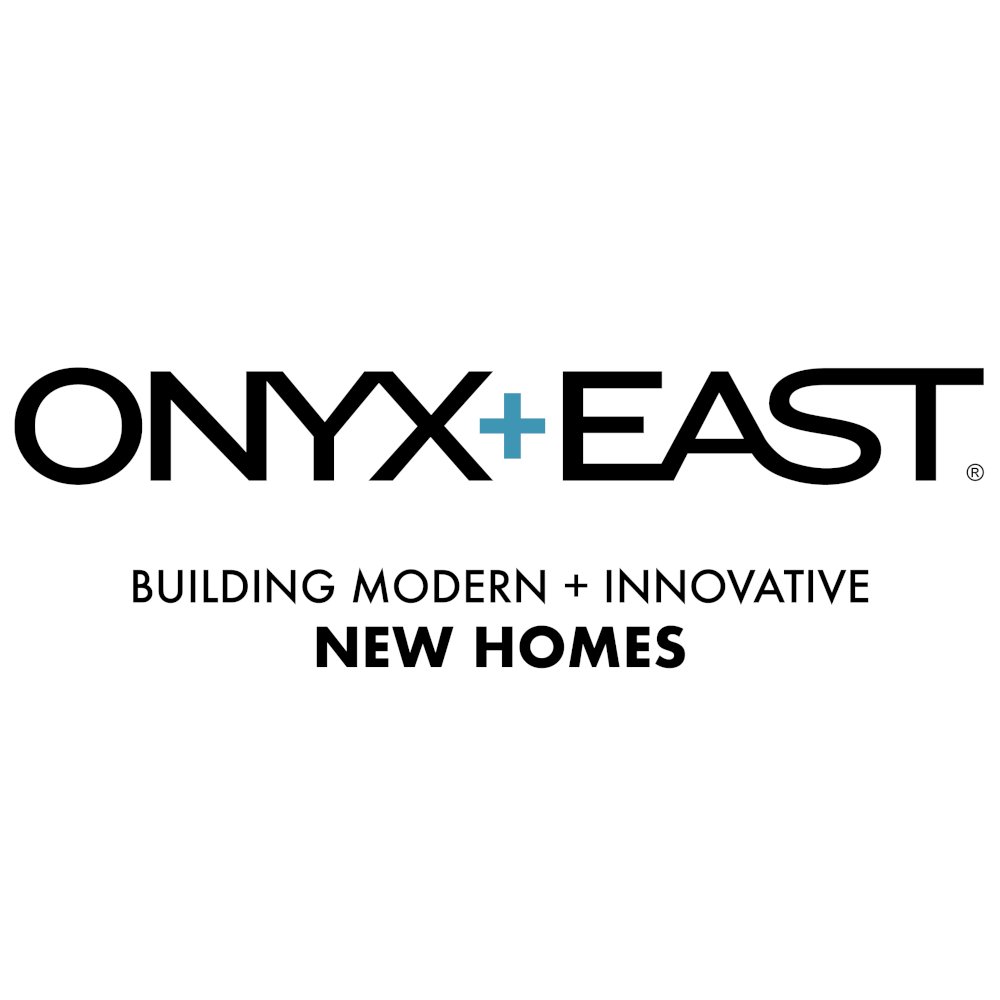How to keep St. Pete local and navigate retail leasing in a post-COVID world
/When thinking about how to continue to support St. Pete’s small businesses during the economic tough times in the aftermath of COVID-19, the average consumer repeats to themselves the phrase we hear so often: ”Shop Local.”
John Barkett, owner of Barkett Realty, a local real estate brokerage firm, has been involved in some of St. Pete’s most successful neighborhoods like The EDGE, Grand Central, and MLK Districts. Barkett has worked hard to ensure their continued success through the pandemic. In order to help keep the vibrancy of these neighborhoods alive, Barkett shares a few words of advice for landlords, brokers, and small business owners who may be dealing with uncertainty during COVID-19.
As I look at the developing situation surrounding COVID-19, there’s no sugar-coating the fact that it’s been difficult for businesses, especially small businesses, to remain open. However, I’ve also seen people doing their best to support one another, and business owners coming together to find new ways to collaborate and remain afloat. One of the biggest challenges is faced by brick-and-mortar retail businesses, and the landlords leasing their spaces—how do you get the rent paid when your business can’t operate? From a broker’s perspective, I have three pieces of advice to share with local retailers and landlords looking to continue to support local retail growth during these economic tough times.
1. Think about the long-term
With most temporary deferments or forbearances on rent and loans, that balance becomes due in full at the end of that deferment. That is to say, if you’re granted a three month deferment, once that fourth month rolls around, the rent for all four months is due at once, in a lump sum. This can be devastating for a small business that has just experienced a hardship. Alongside our deferments, we also worked with our tenants on payment plans to ensure that the short-term relief wasn’t going to do more harm than good.
As a business operator, it’s important to make sure you understand the terms your landlord is offering and accommodate for your long-term financial future. And as a landlord, you need to remain flexible and work with your operators to keep them on their feet and in a position to make payments—after all, a leased space with reduced rent payments is still making more money than an empty space. In many instances, we were able to offer deferment with payment stretched over as many as 7 months through the end of 2020 on an as needed basis.
2. Get creative and adapt quickly
We have to remember that in the retail world, even a temporary shutdown results in what amounts to a total reopening for food and beverage (F&B) businesses. You’ve likely lost staff and will need to retrain as well as scale down and/or adapt the menu or even change business model. In clothing and personal goods, you’ll probably be forced to discount inventory due to seasonality, while in food and beverage your inventory is largely decimated. Plus we now have mask and physical distancing requirements, reduced seating capacity, shifting consumer behavior...in most cases, retail businesses will have to completely rethink their business plans.
The biggest thing I’ve seen is that businesses who are able to adapt their operations and remain flexible are the ones who are continuing to survive and thrive. We shouldn’t be thinking in terms of “when things go back to normal,” but rather in terms of “this is the new normal, how do we make this work?” Retailers who are able to think on their feet and quickly implement online ordering, grab-and-go offerings, and outdoor experiences are the ones that are not only surviving, but thriving.
Food and beverage businesses are hit hard right now, but we’re seeing more and more F&B operators that aren’t just sustaining their business through new ideas, but are actually thriving and working on new concepts. This type of creative thinking doesn’t just exist in the tenant/landlord relationship, either—it takes a community to make it happen, and few communities match St. Pete when it comes to local supporting local.
One excellent example we saw in this was Buya Ramen. When they were ready to reopen, their outdoor space was extremely limited, and the sidewalks didn’t offer much room to stretch out. Together, we reached out to the city to see about closing a few parking spaces to expand outdoor dining, and we reached out to their retail neighbors to see if we could stretch into their sidewalk space. We ultimately saw a win-win in that relationship—Buya got additional sidewalk space, the retailers who didn’t need the space were getting extra visibility from Buya’s diners, and Buya was able to continue doing what they do to support their many customers and local suppliers.
3. It’s okay to ask for help
As brokers and landlords, it’s our duty to serve our clients and treat their businesses like our own. Our tenants are our partners, and if they’re unable to sustain their business, we’re unable to sustain ours. When COVID started getting very serious earlier this year, we were able to anticipate there would be problems and proactively reached out to all of our tenants to offer deferments, repayment plans, and accommodations.
That said, there’s no way for a landlord or broker to know a tenant needs help, or just how much help they need, unless they ask. Business owners are often tempted to try to “do it all,” or to bite their lip and try to make it work. If a business owner asks for help or advice, there’s a decent chance we’ll be able to offer assistance or make a connection with someone who can.
In the EDGE District, we’ve created an environment that is 100% local businesses—we have no national tenants or massive chains. We’re working to create an equally localized, specific shopping experience in the MLK Business District. We very intentionally curated this environment in the area, because it’s what our community wants and it’s a type of growth that we’re proud to see in St. Pete. And because of our flexibility, our sense of community, and the adaptability of our owners, we’ve luckily seen all of our tenants continue to operate. I’m proud to be part of the community and look forward to seeing how it continues to grow.
John Barkett is the owner and founder of Barkett Realty, a boutique real estate company offering full service solutions for both commercial and residential clients. With decades of combined experience in sales, leasing, property management, and appraisal, Barkett Realty is a one-stop shop that will exceed your real estate needs while turning transactions into relationships.
If you’d like to know more about Barkett Realty, please visit their website at barkettrealty.com.
